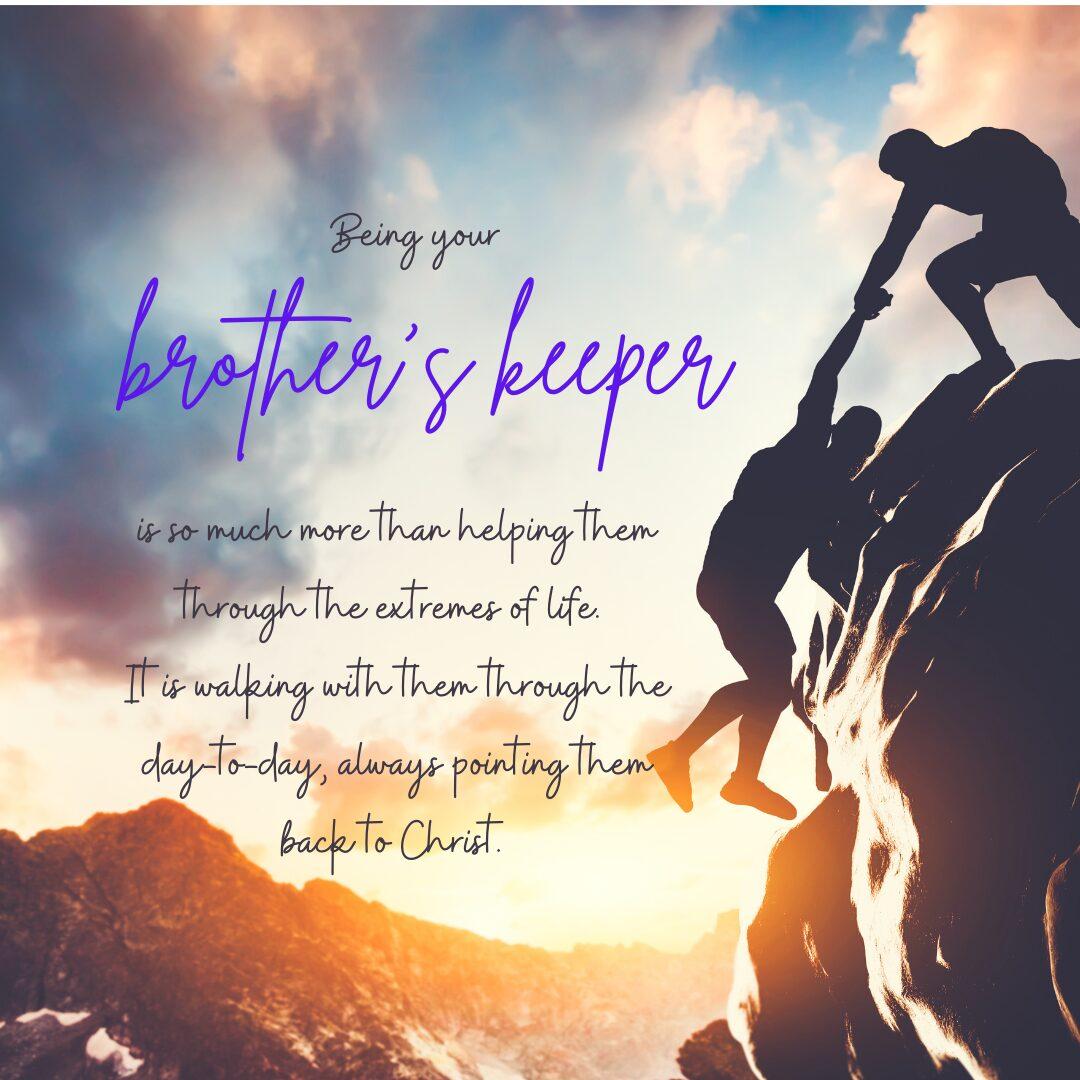CAN we recognize the giftedness of the person next to us? Can we appreciate him or her as a sister and a brother in Christ? Can we honestly say that we have embraced the whole humanity in all its varied colors, languages, and cultures?
To answer these questions, we need to examine ourselves thoroughly. Are our thoughts and behaviors inclusive, loving, kind, and appreciative of others, without any taint of discriminative, self-righteous, and judgmental attitudes? If we say so, are we able to sit at a table with someone different from us, engage with him or her in a respectful or delightful conversation?
If we’re sincere and humble, we’d say that no, we’ve fallen short of these Christian attitudes. We’re not as kind, loving, welcoming, inclusive, and respectful as we think we are. We have a long way to go.
Recognizing and accepting our failures, weaknesses, and blind spots in human kindness and charity is a big step towards Christian growth. It’s what the Pharisee lacked in this Sunday’s Gospel (Luke 18:9-14). Instead of acknowledging his shortcomings, he boasted about his moral excellence, while looking down on the tax collector praying next to him. On the other hand, the tax collector humbly prayed to God and asked for forgiveness, saying, “O God, be merciful to me a sinner.”
Might we have thought and acted like the Pharisee? Let’s think deeply and examine our hearts.
* * *
Fr. Rodel “Odey” Balagtas is the pastor of Incarnation Church in Glendale, California.



